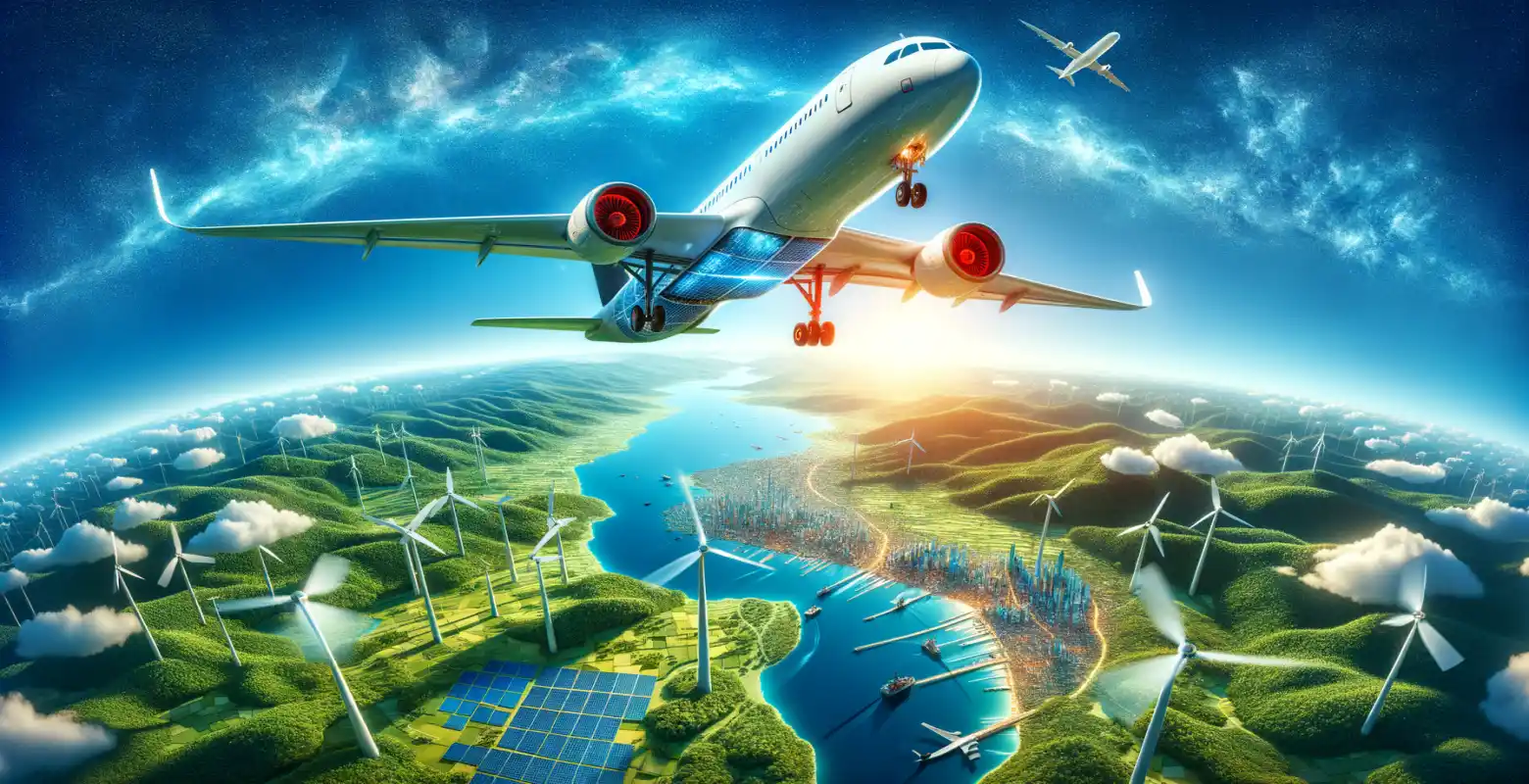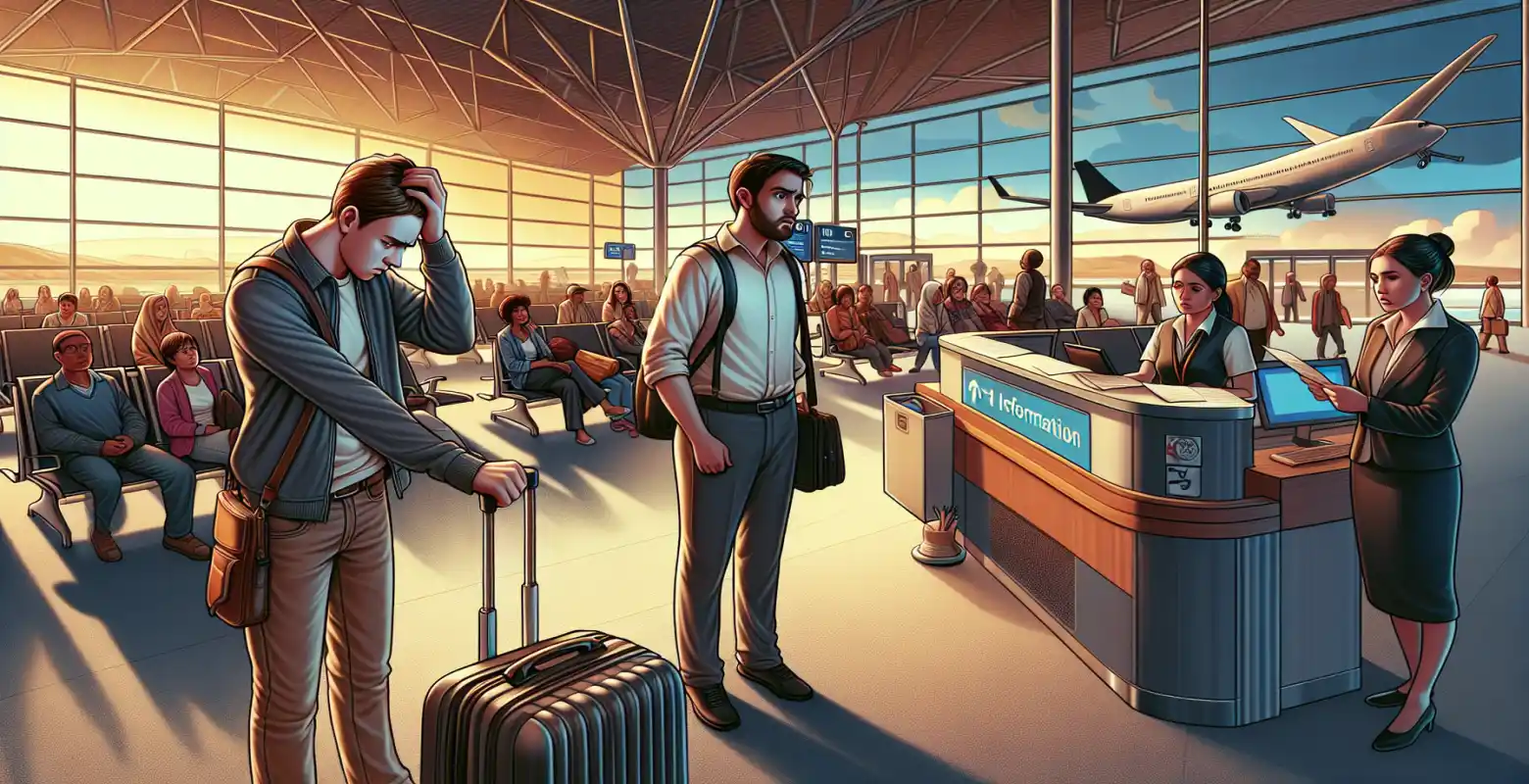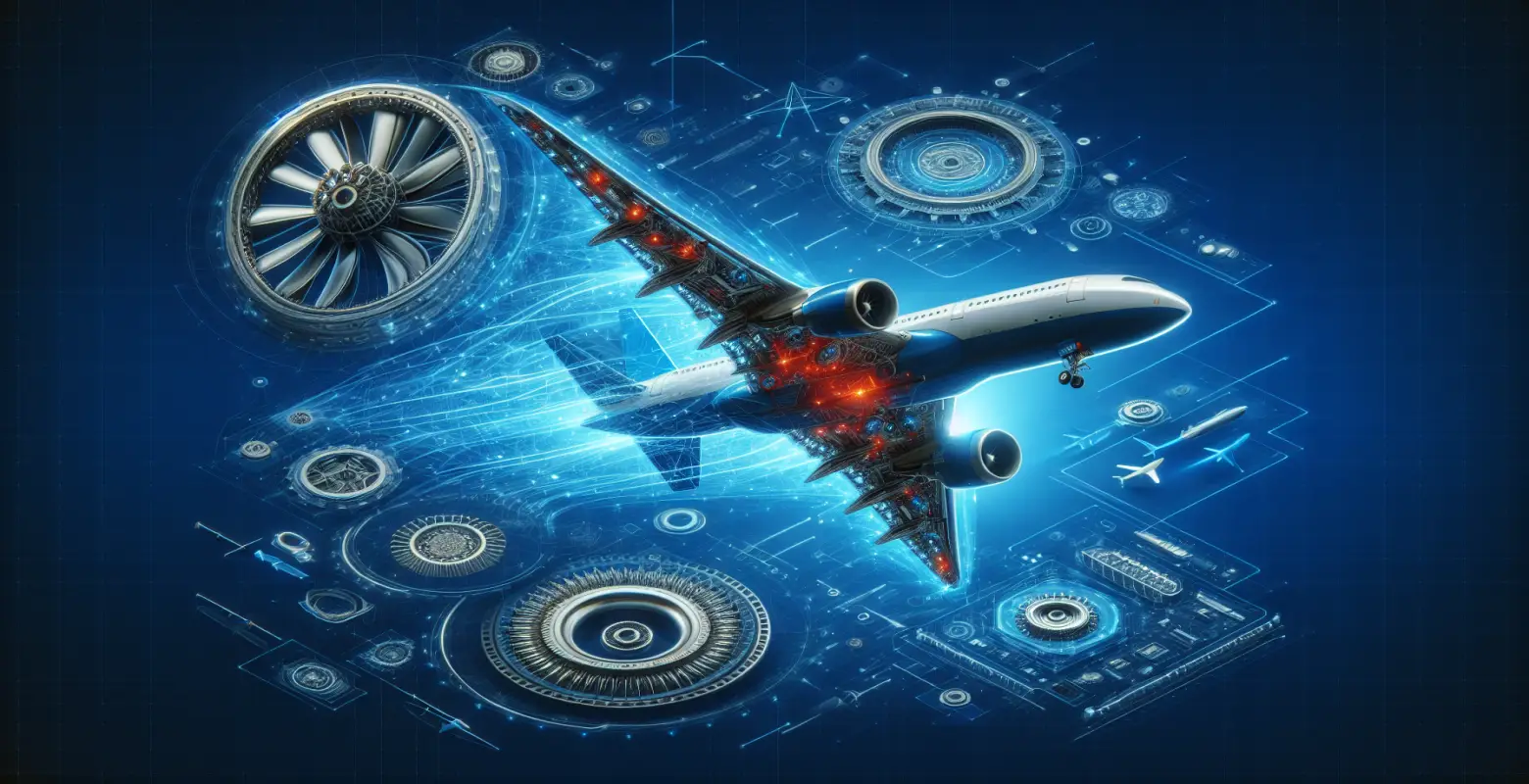Will air travel become more environmentally friendly in 2030?
Introduction
Air travel is an integral part of modern life, allowing people to quickly move over long distances. However, with the growing ecological awareness, the question arises: can air travel become more environmentally friendly by 2030? Climate change and its consequences are currently one of the most important global issues, and the aviation industry is one of the sectors that must face the challenge of reducing its carbon footprint. In this article, we will examine what steps can be taken to make air travel more sustainable, what technologies can be introduced, and what challenges lie ahead for the aviation industry.
Technological Innovations in Aviation
One of the main directions in which the aviation industry is heading is technological innovation. Next-generation aircraft, such as the Boeing 787 Dreamliner or Airbus A350, are already more fuel-efficient than their predecessors. By using lighter composite materials and more advanced engines, these machines consume less fuel, thereby emitting less carbon dioxide.
However, this is not enough to achieve environmental goals by 2030. The aviation industry is investing in research on new propulsion technologies, including hybrid and electric propulsion. Airbus plans to introduce the first zero-emission hydrogen-powered aircraft to the market by 2035. Although there is still a long way to go, these innovations can significantly contribute to reducing greenhouse gas emissions.
Sustainable Aviation Fuels (SAF)
Sustainable Aviation Fuels (SAF) are one of the main tools that can help reduce CO2 emissions from the aviation industry. SAF are fuels produced from renewable sources, such as vegetable oils, industrial waste, or biomass. The use of SAF can reduce greenhouse gas emissions by up to 80% compared to traditional aviation fuels.
However, the current small-scale production and high costs are a challenge. To make SAF more widespread, investments in infrastructure and regulatory and financial support from governments and international organizations are necessary. By 2030, SAF is expected to play a key role in transforming aviation into a more sustainable sector.
Regulations and Environmental Policies
Governments worldwide and organizations such as the International Civil Aviation Organization (ICAO) are taking action to reduce the impact of aviation on the environment. The CORSIA (Carbon Offsetting and Reduction Scheme for International Aviation) program aims to stabilize CO2 emissions from international aviation at 2020 levels through offsetting mechanisms.
However, regulations alone are not enough. It also requires the commitment of airlines to develop more environmentally friendly operational practices, such as optimizing flight routes, improving operational efficiency, and investing in modern technologies. Implementing more stringent emission standards and supporting research on new technologies will be crucial to achieving environmental goals by 2030.
Challenges and Barriers
Despite progress towards more environmentally friendly air travel, the industry faces many challenges. High costs of implementing new technologies, lack of sufficient infrastructure for alternative fuels, and resistance from some stakeholders may hinder the sector's transformation.
Additionally, the COVID-19 pandemic has shown how vulnerable the aviation industry is to global crises. Therefore, post-pandemic recovery may focus more on survival than on investments in sustainable development. However, on the other hand, the need for recovery presents a unique opportunity to implement more environmentally friendly solutions.
The Future of Air Travel
Looking to the future, there are many promising trends that can contribute to a more sustainable aviation industry. The development of digital technologies, such as artificial intelligence and the Internet of Things (IoT), can help optimize aviation operations, reducing fuel consumption and emissions.
Furthermore, the growing environmental awareness of society and pressure from consumers can accelerate changes in the industry. More and more travelers choose to support airlines that take actions to protect the environment, which in turn may encourage other airlines to take similar steps.
Summary
Air travel faces the need to adapt to the requirements of sustainable development. Although achieving complete emission neutrality by 2030 may be challenging, there are indications that the aviation industry is on a good path to significantly reduce its environmental impact. Investments in new technologies, the development of sustainable fuels, and regulatory and social support can contribute to more environmentally friendly air travel. Joint efforts of governments, industry, and society are crucial for future generations to enjoy travels that are friendly to our planet.






Number of comments: 0